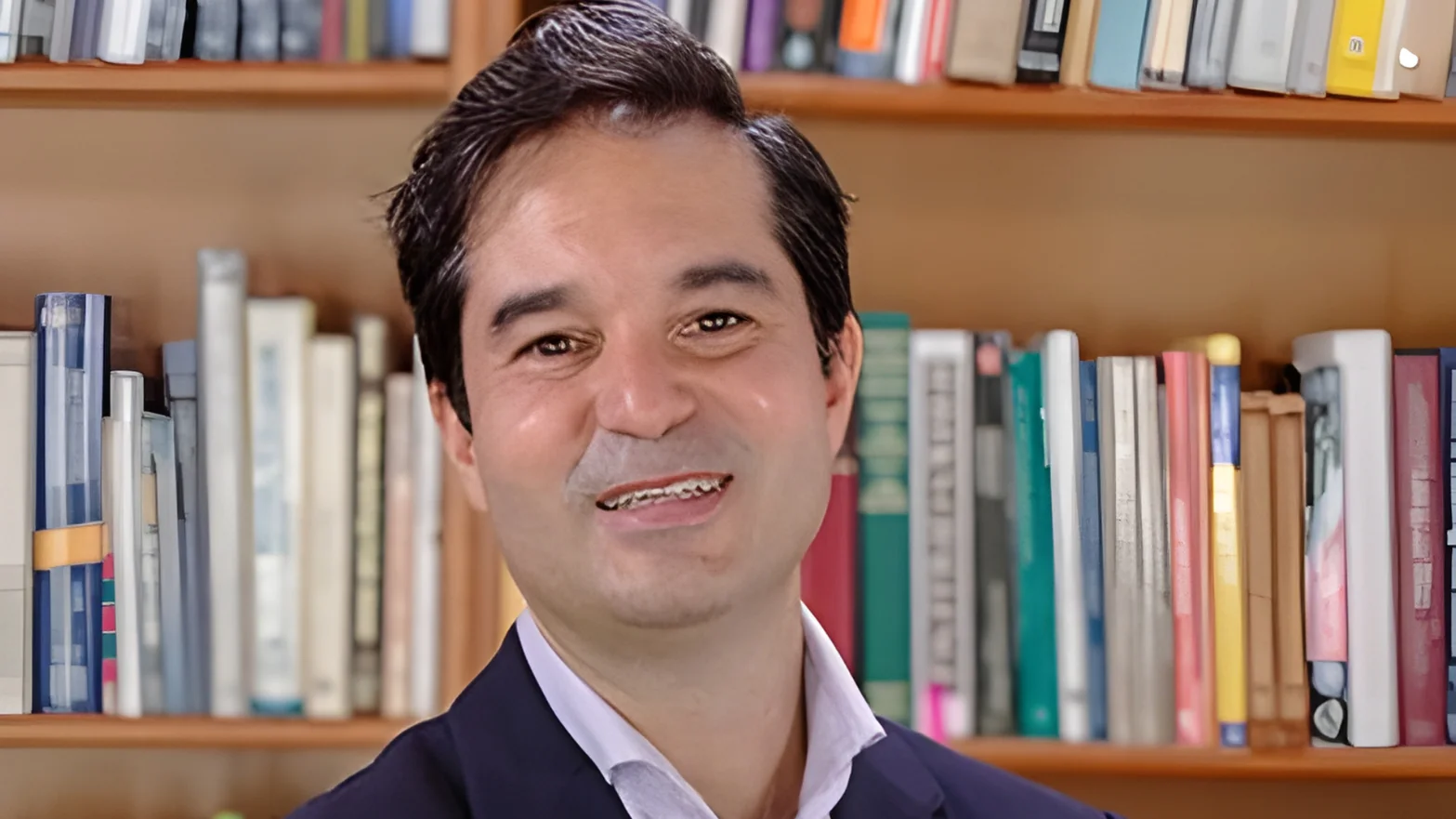Carlos Méndez, a finance expert and director of the Business Engineering program at Francisco Marroquín University, led a conference titled “How to measure global warming with intellectual honesty?” on September 19, 2025. The event was organized by the university’s Faculty of Economic Sciences.
Méndez began by clarifying the focus of his talk: “In this conference I will not address whether the planet is warming or not; what I want us to see is how complex it is to measure that temperature.” He added, “The topic caught my attention because many of us have a very firm stance on it and because it has been a subject of discussion at the Center for Economic and Social Studies (CEES).”
He emphasized the difficulties in measuring climate phenomena. “We do not know how complex the measurement of these phenomena can be; and sometimes, when we understand that complexity, we assume a less arrogant and more prudent position regarding them,” Méndez said.
During his presentation, Méndez questioned several aspects: Does global warming exist? How do we know? Are we certain? How is Earth’s temperature measured? What level of warming is dangerous? What factors contribute to warming? How do we measure anything? How are these phenomena measured with intellectual honesty? And what exactly is intellectual honesty?
He referenced past predictions such as those suggesting New York’s coasts would flood—a scenario popularized by animations from the documentary "An Inconvenient Truth"—or claims about increasing hurricane intensity. According to Méndez, “The reality is that the Intergovernmental Panel on Climate Change (IPCC) projected an increase of between 18 and 19 centimeters by 2100. Sea levels have indeed risen, but they have not flooded the coasts; and hurricane frequency has not increased significantly. Moreover, there is still scientific debate about their relationship with climate change.”
Addressing intellectual honesty, Méndez explained: “This implies measuring with clear and consistent criteria and definitions, testing hypotheses with new predictions, accepting review and criticism, recognizing when a model does not predict adequately, and admitting uncertainty and knowledge limits.”
Méndez recommended both scientists and the general public develop greater intellectual humility when discussing climate change or evaluating long-term predictive models.
He concluded by inviting attendees to reflect on intellectual honesty as an essential virtue for advancing scientific knowledge and responsible dialogue on major planetary challenges.
Contact information for further inquiries was provided by Francisco Marroquín University’s Faculty of Economic Sciences.

 Alerts Sign-up
Alerts Sign-up